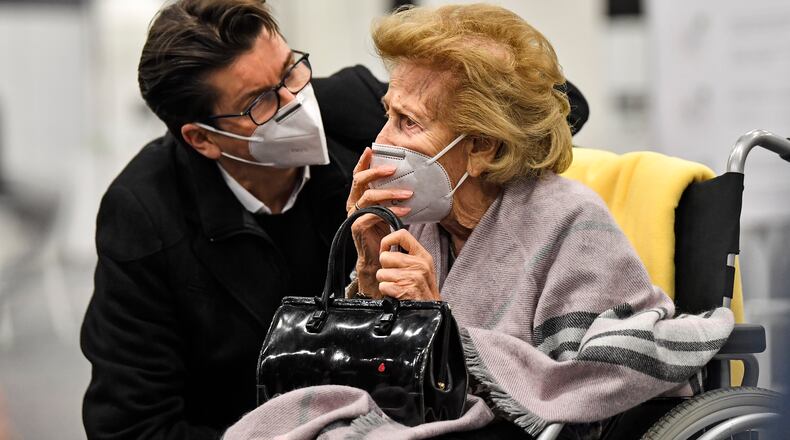Other warning signs or symptoms can include
• Pain in the upper body—such as in the back, neck, jaw or shoulders, or in one or both arms
- Shortness of breath
- Cold sweat, upset stomach or dizziness
- Extreme tiredness (sometimes for days ahead of time), especially in women
Some of these symptoms can be mistaken for other causes, says Dr. Mohammed Ali, interventional cardiologist with Kettering Health Network.
“Symptoms from heart attack and severe heartburn from acid reflux are very similar and can be hard to tell apart,” he explains. “If you are having issues with acid reflux and you just ate a big meal, it might be acid reflux, but that doesn’t exclude the possibility of a heart attack. Your best bet is to seek medical help, especially if it’s your first episode.”
When to call 911
Ali says that if you have any chest pain or discomfort that is new, severe, prolonged, or causing concern, you need to call 911 immediately. “For someone who is having a heart attack, every minute is important. The faster you get to the hospital, the sooner you can receive treatment and the better the outcome will be. It is not uncommon that we see people come to the hospital after having symptoms for a few days. Usually by that time the heart muscle got affected, and complete recovery is not possible.”
You might think it’s better to have someone drive you to the emergency department rather than wait for an ambulance to arrive, but Ali says an ambulance is by far the best choice.
“There are a number of ambulances distributed in different locations throughout the community, and in most cases, they will be able to get to you very fast,” he says. “Cardiac arrest or fatal arrhythmias can happen en route to the hospital. If such a problem occurs, it is much safer to be in an ambulance with well-trained personnel than in someone’s car.”
If you don’t have access to emergency medical services or you live in a rural area, Ali says you should have a neighbor, or a friend drive you to the nearest emergency department. “Drive yourself only as a last resort—and keep in mind that it places you and others at risk,” he says.
About the Author
